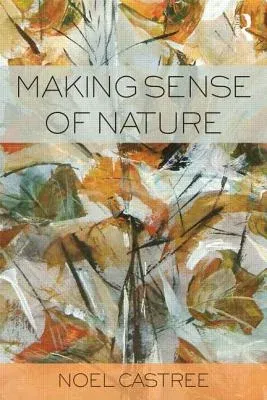We listen to a cacophony of voices instructing us how to think and feel
about nature, including our own bodies. The news media, wildlife
documentaries, science magazines, and environmental NGOs are among those
clamouring for our attention. But are we empowered by all this knowledge
or is our dependence on various communities allowing our thoughts,
sentiments and activities to be unduly governed by others?
Making Sense of Nature shows that what we call 'nature' is made sense
of for us in ways that make it central to social order, social change
and social dissent. By utilising insights and extended examples from
anthropology, cultural studies, human geography, philosophy, politics,
sociology, science studies, this interdisciplinary text asks whether we
can better make sense of nature for ourselves, and thus participate more
meaningfully in momentous decisions about the future of life - human and
non-human - on the planet. This book shows how 'nature' can be made
sense of without presuming its naturalness. The challenge is not so much
to rid ourselves of the idea of nature and its 'collateral concepts'
(such as genes) but instead, we need to be more alert to how, why and
with what effects ideas about 'nature' get fashioned and deployed in
specific situations. Among other things, the book deals with science and
scientists, the mass media and journalists, ecotourism, literature and
cinema, environmentalists, advertising and big business.
This innovative text contains numerous case studies and examples from
daily life to put theory and subject matter into context, as well as
study tasks, a glossary and suggested further reading. The case studies
cover a range of topics, range from forestry in Canada and Guinea, to
bestiality in Washington State, to how human genetics is reported in
Western newspapers, to participatory science experiments in the UK.
Making Sense of Nature will empower readers from a wide range of
fields across the social sciences, humanities and physical sciences.

